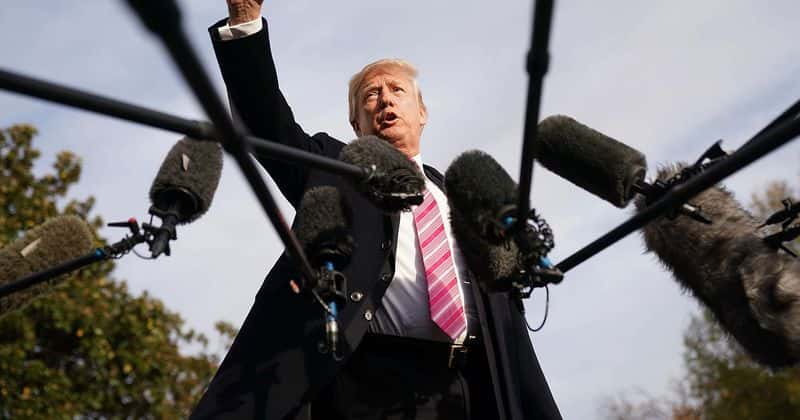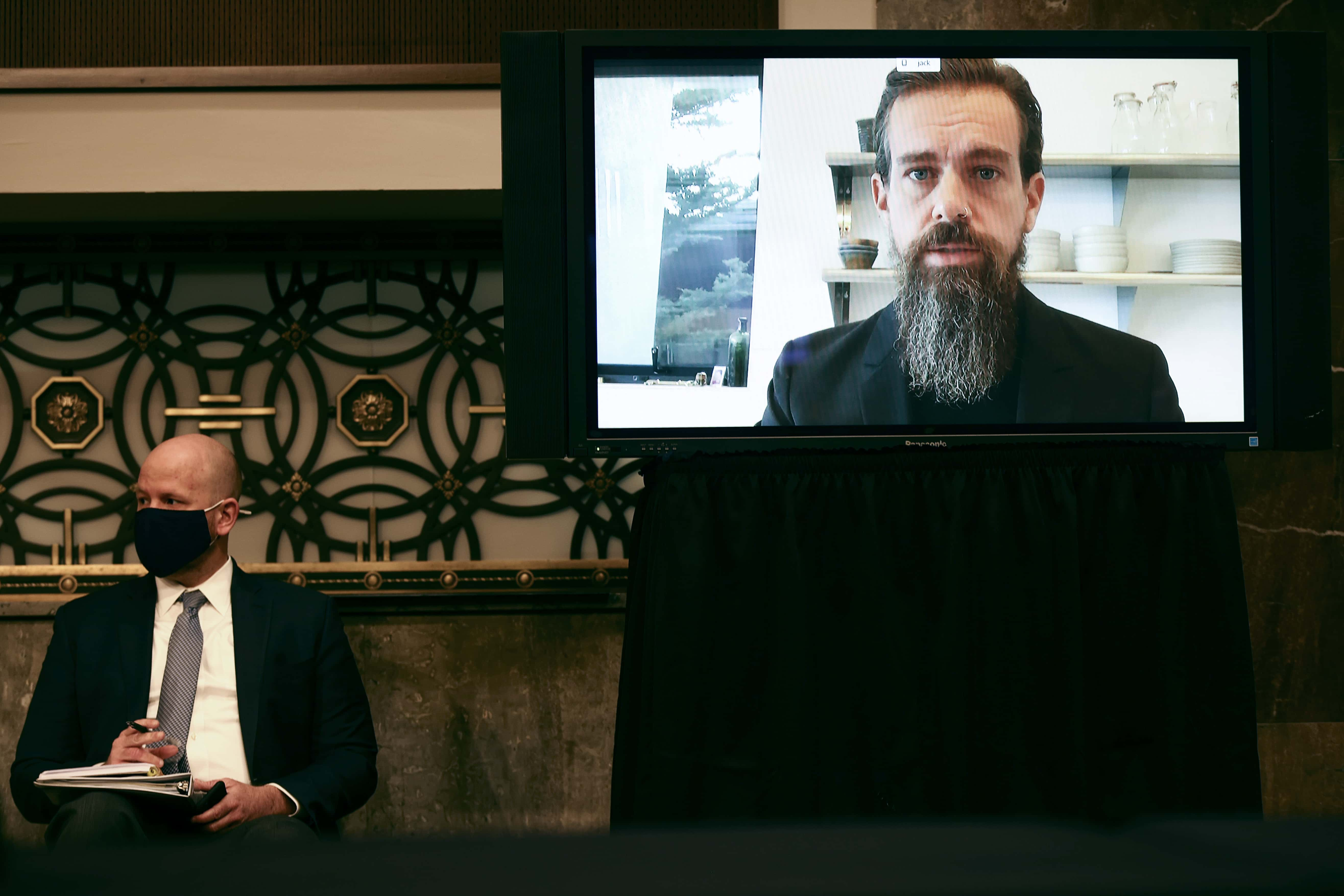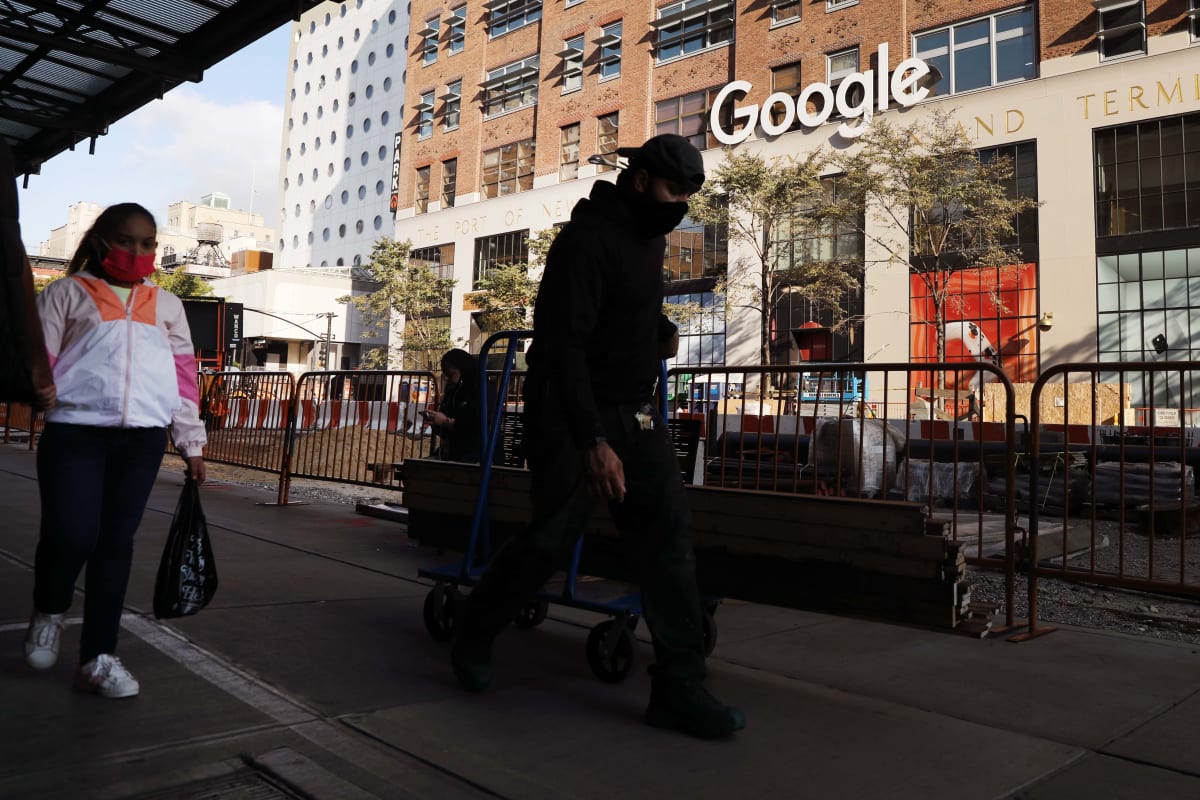What is Section 230? Donald Trump warns vetoing of defense bill unless Congress scraps law empowering tech giants

President Donald Trump has given a cry against social media giants and the power they exercise. The president threatened to veto the National Defense Authorization Act unless the bill includes a measure eliminating a federal law, i.e. Section 230 of the 1996 Communications Decency Act. This section protects internet companies from liability for their users’ posts. Trump has expressed his angst against Section 230 in a pair of tweets he posted on December 2. The tweets convey Trump’s perceived notion that the Silicon Valley companies are working to censor conservatives while giving liberals a free pass on social media platforms to voice their opinions.
Trump tweeted, “Section 230, which is a liability shielding gift from the US to 'Big Tech' (the only companies in America that have it — corporate welfare!), is a serious threat to our National Security & Election Integrity. Our Country can never be safe & secure if we allow it to stand... Therefore, if the very dangerous & unfair Section 230 is not completely terminated as part of the National Defense Authorization Act (NDAA), I will be forced to unequivocally VETO the Bill when sent to the very beautiful Resolute desk. Take back America NOW. Thank you!”
.....Therefore, if the very dangerous & unfair Section 230 is not completely terminated as part of the National Defense Authorization Act (NDAA), I will be forced to unequivocally VETO the Bill when sent to the very beautiful Resolute desk. Take back America NOW. Thank you!
— Donald J. Trump (@realDonaldTrump) December 2, 2020
The threats from the president come as the lawmakers are about to finalize the $740.5 billion 2021 Defense Authorization Bill. This bill helps ascertain troop levels and new weapons systems, among other national defense decisions as reported by CNet.
Coming to Section 230 that Trump has a specific concern with. The section “protects online publishers from liability for the content generated by users and posted to their sites", CNet reported. Apparently, both Democrats and Republicans have some concerns with Section 230. Republicans allege that social media giants are prejudiced against conservative views and do not let them speak freely on their platforms under this law. On the contrary front, Democrats have complained that Section 230 limits social media companies from making efforts in moderating their platforms and taking down or limiting content that comes in the category of hate speech and disinformation.

Previously, we reported that there are ample incidents where Trump has falsely claimed the election was stolen and spilled contentious views on social media about elections of November 3 and Covid-19. Despite Twitter putting warnings aginst Trump’s tweets, the president is still posting his allegations of voter fraud and how Democrats are attempting to "steal" the election from him. Now that he has attempted to veto the annual defense bill to revoke immunization of social media giants under section 230, here's what we need to know about the law.
What is Section 230?
In the simplest of terms, section 230 of the Communications Decency Act shields online platforms from liability for their users’ posts. It also allows tech giants to moderate users' content without being treated as publishers. To be more specific, the law allows social media giants to vouch for “good Samaritan” moderation of “objectionable” content. This is why we see offensive content on Twitter, Facebook, and Google’s YouTube being restricted or taken down at times. The law provides companies to enjoy legal protections where they are not liable to check every content as that increases expenses and creates delays, and can lead to a worse user experience.

However, with time the law has become controversial as it has concentrated power in the hands of growing tech giants and social media companies. Some conservatives are of the view that Section 230 has enabled tech companies to censor speech they don’t agree with. Others feel that tech companies lack the incentives to fight the imminent threat of misinformation on their platforms as technology makes it easier to post unchecked video, photos, messages and voice notes.
Despite the looming controversies, tech companies have strongly defended Section 230, as reported by CNBC. The leaders of tech giants have testified to Congress repeatedly about how the law allows them to get rid of the most objectionable content from their platforms and even guards start-ups against being sued easily from the powerful forces. In October 2020, the CEOs of Google, Facebook, and Twitter have defended section 230 ahead of a hearing with the Senate Commerce Committee.
Twitter CEO Jack Dorsey argued, “eroding (Section 230) could destroy how we communicate online as only the largest, well-funded tech companies will survive”, if the law is done away with. Facebook CEO Mark Zuckerberg mentioned defending the section that protects free speech. “Section 230 allows us to empower people to engage on important issues like these — and to provide space where non-profits, religious groups, news organizations, and businesses of all sizes can reach people.”

Google CEO Sundar Pichai said in defense of the law, “the same low barriers to entry also make it possible for bad actors to cause harm but that Section 230 is fundamental to allowing Google to provide access to a wide range of information and viewpoints.” He added, the law has been “foundational to US leadership in the tech sector. As you think about how to shape policy in this important area, I would urge the Committee to be very thoughtful about any changes to Section 230 and to be very aware of the consequences those changes might have on businesses and consumers.”










